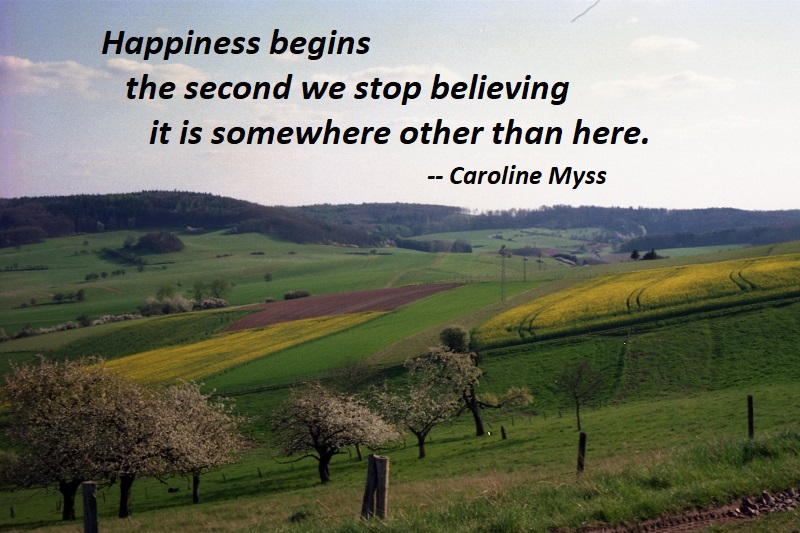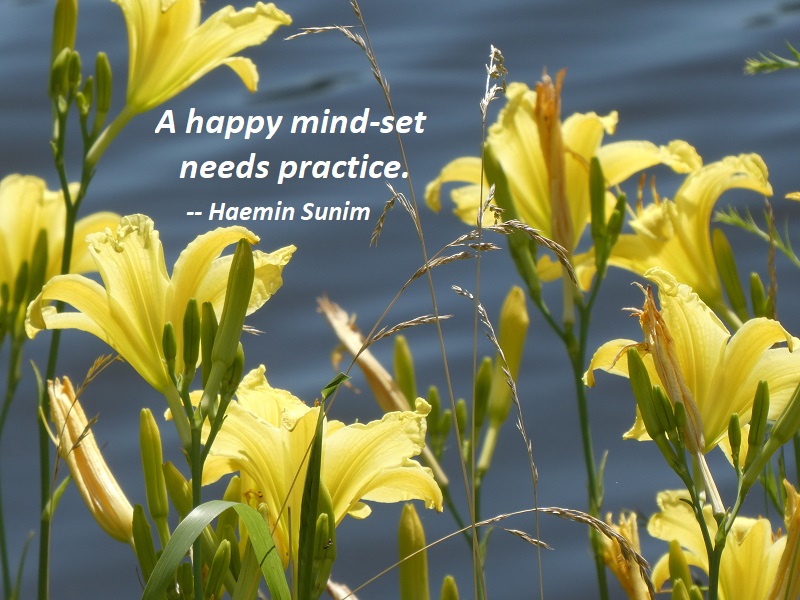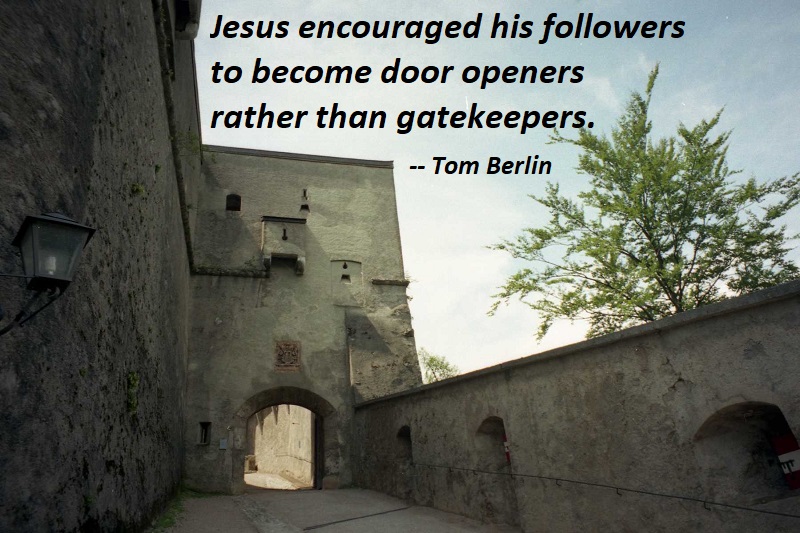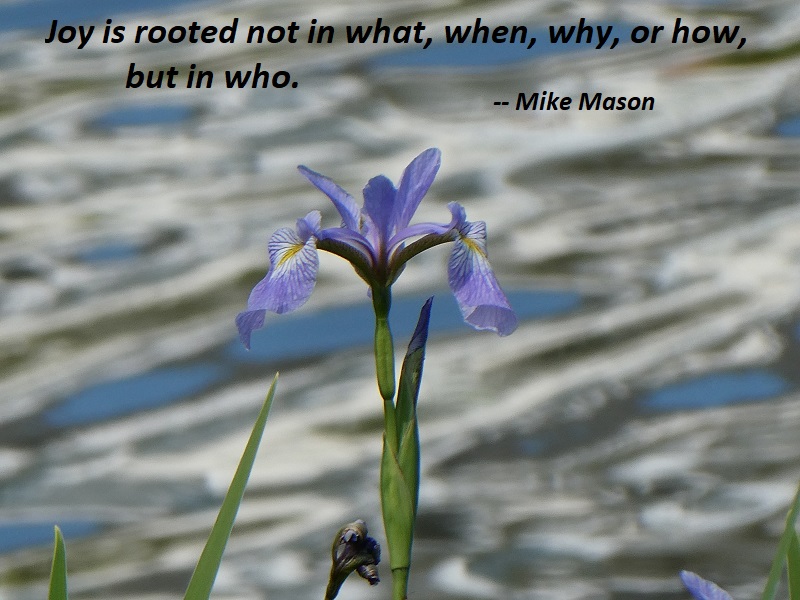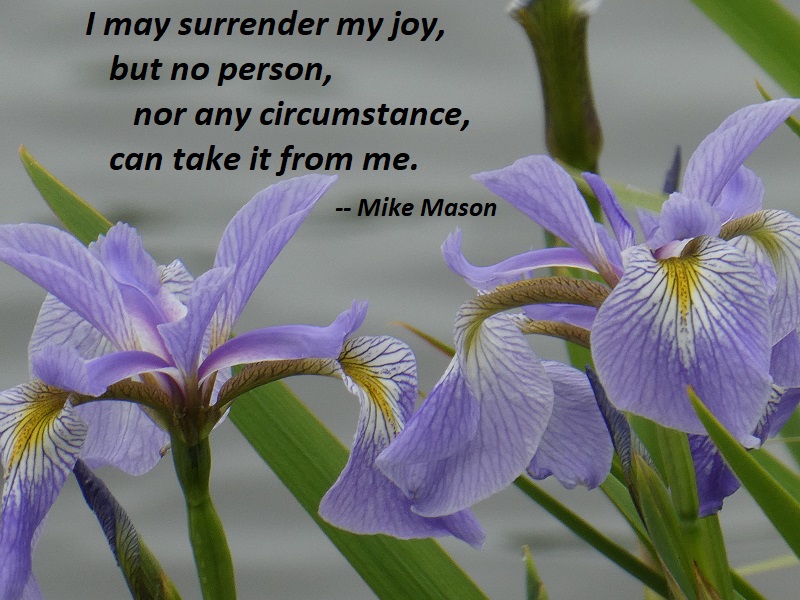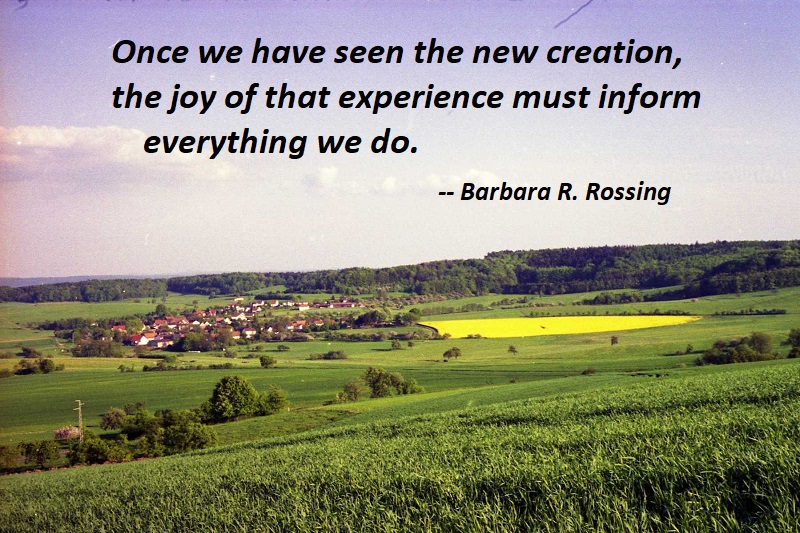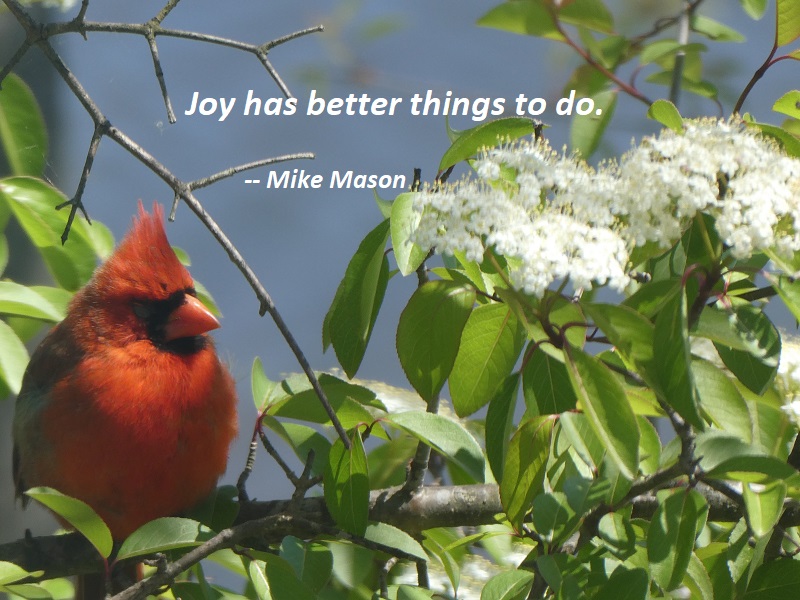
Through my experiment in joy, a whole dimension of Christianity has opened up to me, like a beautiful flower blossoming from a bud long dormant. This new spirituality is of such sweetness, light, and grace that it entirely entrances me. I’ve always suspected the existence of this and have had many glimpses of it. What’s different now is the confidence that I know the way into this new country and how to live there, because I’ve discovered for myself that it’s real. I believe! Finally I believe enough in the Bible’s offer of everlasting joy to see this great promise fulfilled in my own life. I shall never be the same. The veil of the world’s lies has been torn away, and now I know for certain that the Christian life is meant to be entirely steeped in joy. With the author of Hebrews I can say that I’ve already come to “the city of the living God . . . to thousands upon thousands of angels in joyful assembly” (12:22).
My experiment has been wildly successful. Joy has indeed become an ingrained habit of my soul — so much a part of me that it hardly seems possible that I lived without it for nearly half a century. Not only am I much happier now than ever before, but I know it’s possible to keep moving in the direction of joy and to have more and more of it. In the search for joy a certain point arrives where the balance tips in our favor. We find we’re no longer striving for happiness, we’re simply happy. It’s like getting out of debt: Without a fat mortgage payment to dole out every month, life takes on an entirely different feel. Difficulties still come, perhaps grave ones, but joy keeps flowing into the hurts like a self-renewing stream.
Is it really possible to be happy all the time? Three years after my experiment, I still cannot quite join Brother Lawrence in saying, “I am always very happy.” What I can say is that every day is full of moments of happiness, as full as the sky is of stars. Yes, an immense expanse of cold black space yawns out there, but that’s not what draws my eye anymore. My gaze, and with it my understanding, have shifted. To believe in God is to believe in good and to see its preponderance everywhere. All I see now are the bright, jewel-like moments of joy that keep coming to me and that, taken together, do not seem a jumble of random sparks but comprise a great and dazzling picture — a vision so beautiful as to utterly overwhelm the darkness.
— Mike Mason, Champagne for the Soul, p. 187-188
Photo: South Riding, Virginia, May 22, 2020

